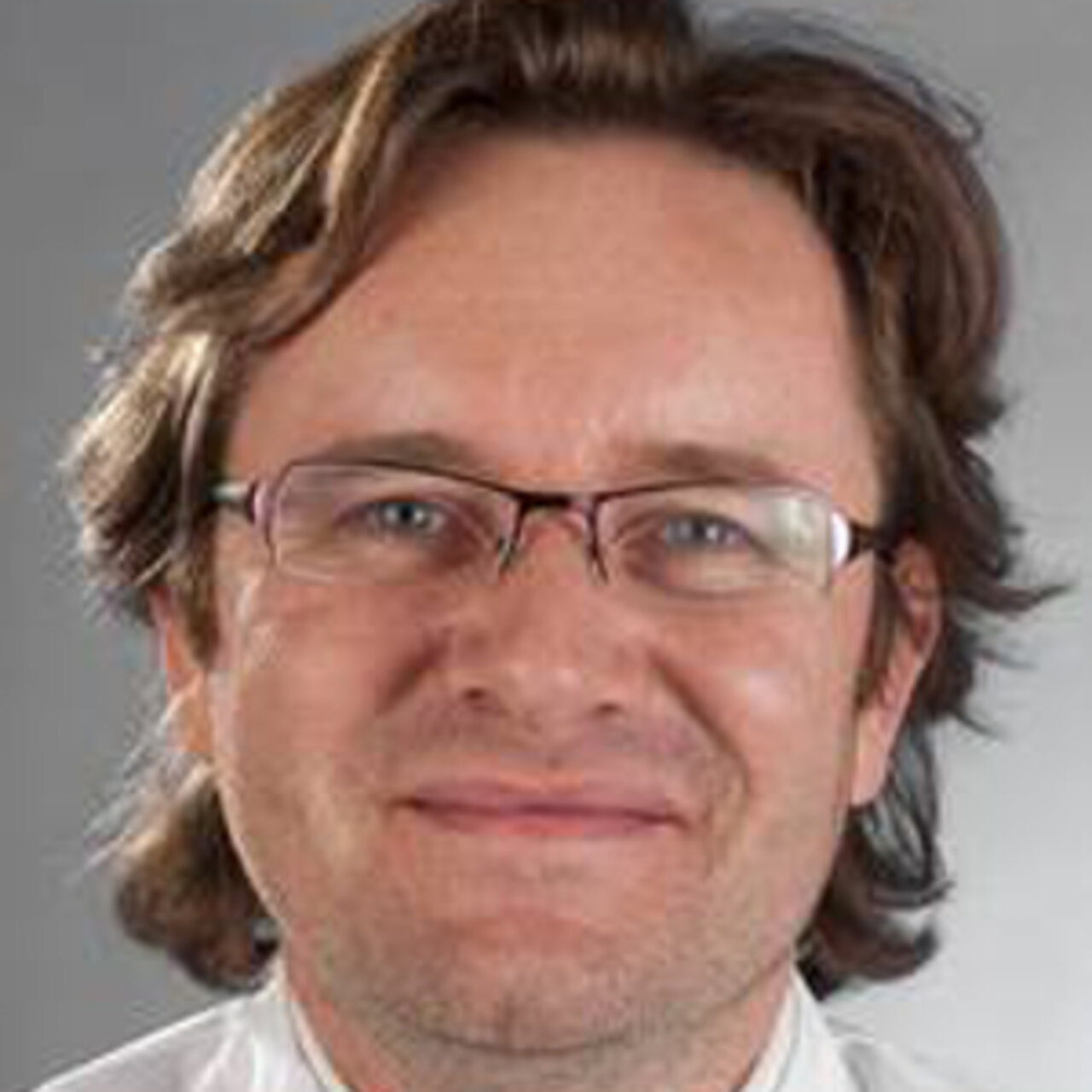Specialists in Spina Bifida
4 Specialists found
Information About the Field of Spina Bifida
What Is Spina Bifida?
Spina bifida, colloquially known as "open back," is a malformation of the spine and spinal cord characterized by a lack of closure of the vertebral arches. It is most commonly located in the lumbar spine and sacral region and, depending on the degree and level of severity, may result in various neurological deficits. It is the most common malformation disease of the central nervous system in children; about one child per thousand births is born with this disease.
Causes and Manifestations
The neural tube is formed between the 22nd and 28th day of embryonic development, which later develops the vertebral bodies, the spinal cord, and the spinal meninges. If complete closure of the vertebral arches and spinal cord does not occur, spina bifida develops.
This can be favored above all by a folic acid deficiency during pregnancy but can also have genetic causes. In addition, risk factors such as the use of certain medications, a diabetes disease of the mother, or multiple pregnancies can also contribute to the development of the clinical picture.
Spina Bifida Manifests in Very Different Degrees of Severity.
These include the dermal sinus, which shows only a canal-like opening and usually remains asymptomatic. The closure should nevertheless be performed, as it may favor infection.
The occult form of spina bifida refers to a covered defect with splits vertebral arches without the involvement of the spinal cord or spinal meninges. This defect is usually not visible externally or is only slightly noticeable. Children often show typical skin symptoms at this site, such as excessive skin pigmentation or increased hairiness. This form of spina bifida can remain entirely without symptoms and therefore does not always need to be treated. However, premature leg fatigue or voiding dysfunction of the bladder and bowel may occur.
The open form is when the spinal cord and spinal meninges bulge and are exposed without protection. This most commonly manifests as myelomeningocele, a bubble of spinal cord skin and cord. The spinal cord is completely exposed in this most severe form of spina bifida.
How Is Spina Bifida Diagnosed?
The neural tube defect can usually be diagnosed during pregnancy with sonography since characteristic signs can often be visualized during the examination.
Furthermore, a blood test can be performed to determine the alpha-1 fetoprotein, which, if elevated, is a marker for possible spina bifida disease.
After birth, imaging techniques such as MRI and sonography are used to classify the expression more precisely.
What Are the Treatment Options?
The treatment approach also depends on the severity of the disease. In some children, prenatal surgical treatment should be considered to protect the exposed spinal cord from further damage and infection within the womb due to pressure, abrasion, and contact with amniotic fluid. Nowadays, this procedure is minimally invasive, i.e., using very small accesses, and can improve the prognosis of affected children. However, it also carries some risks, such as surgery-related infections and increased risk of prematurity.
In cases of covered or less pronounced findings, surgical treatment is usually planned postnatally. First, delivery is by cesarean section to avoid birth-related pressure damage. Subsequently, the neural tube defect should be surgically covered. This is done electively if the defect is covered, which means a planned procedure can be performed. In the case of open neural tube defects, closure should be performed immediately within 24-36 hours to avoid infection and neurological sequelae.
What Are the Consequences of Spina Bifida?
In minimal and occult defects, many children remain asymptomatic. However, depending on the level and extent of the defect, there may be symptoms ranging from paralysis and sensory disturbances to loss of the ability to walk or difficulty learning to walk. Emptying disorders of the bladder and rectum also occur. Furthermore, pressure-related foot deformities can already develop in the womb.
Due to the chronic loss of cerebrospinal fluid over the defect and the frequent displacement of cerebellar and brainstem parts, a buildup of cerebrospinal fluid with subsequent hydrocephalus may occur.
Is Spina Bifida Curable?
Spina bifida is not a primarily curable condition, and the prognosis depends on the level and severity. It is usually easily treatable by surgery, but neurological damage to the spinal cord that occurred before birth cannot be reversed. Paralysis symptoms, sensory disturbances, bowel and bladder emptying disorders, the restriction of the ability to walk, and foot malposition are treated in an interdisciplinary treatment concept with neurologists, pediatricians, orthopedists, and neurosurgeons. Walking aids and physiotherapy are also used. Overall, affected children show an average life expectancy.
Can Spina Bifida Be Prevented?
An essential factor in preventing spina bifida is folic acid supplementation, especially during the first trimester of pregnancy. The B vitamin is an essential vitamin for blood formation, and during pregnancy, the requirement is often insufficient for the mother and the child. Therefore, especially in early pregnancy, care should be taken to ensure an adequate supply of folic acid.
Which Doctors and Clinics Are Specialized in Spina Bifida?
Every patient who needs a doctor wants the best medical care. Therefore, the patient is wondering where to find the best clinic. As this question cannot be answered objectively and a reliable doctor would never claim to be the best one, we can only rely on the doctor's experience.
We will help you find an expert for your condition. All listed doctors and clinics have been reviewed by us for their outstanding specialization in spina bifida and are awaiting your inquiry or treatment request.
Sources:
- www.kinderkrankenhaus.net/unsere-medizinischen-bereiche-im-ueberblick/fachabteilungen/orthopaedie-fuer-kinder-die-groesste-fachstation-deutschlands/spina-bifida.html
- eref.thieme.de/cockpits/clNeuro0001/0/coNeuro00378/0
- www.umm.de/fetale-therapie/krankheitsbilder/spina-bifida-offener-ruecken/
- www.msdmanuals.com/de/profi/pädiatrie/angeborene-neurologische-anomalien/spina-bifida
- dzft.de/spina-bifida/




